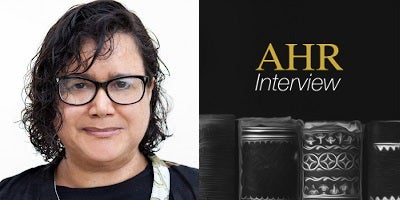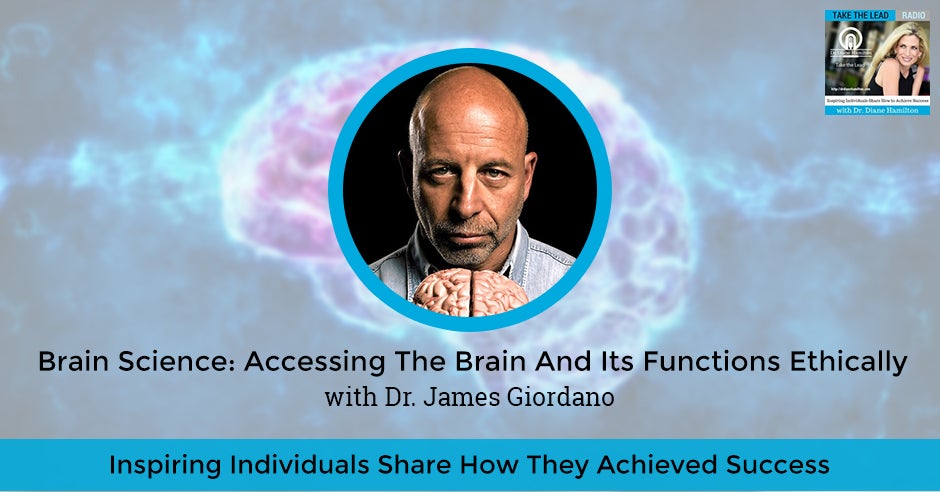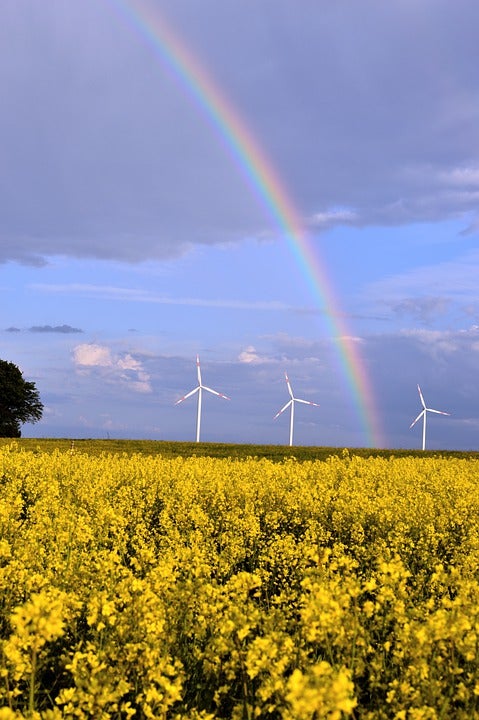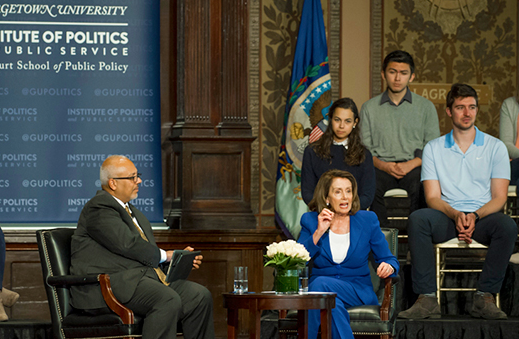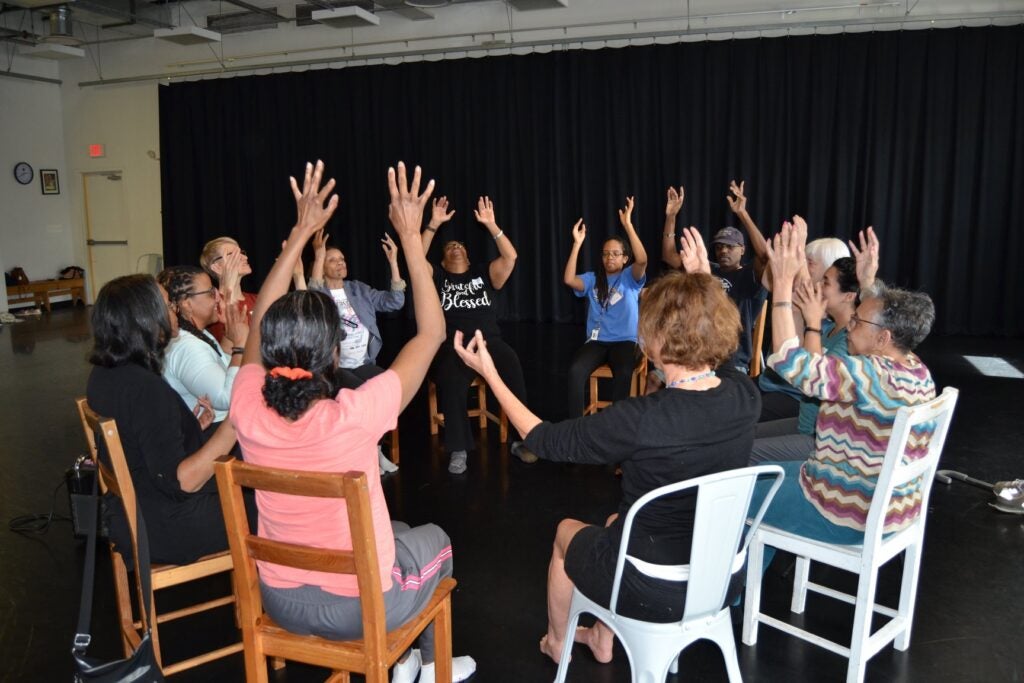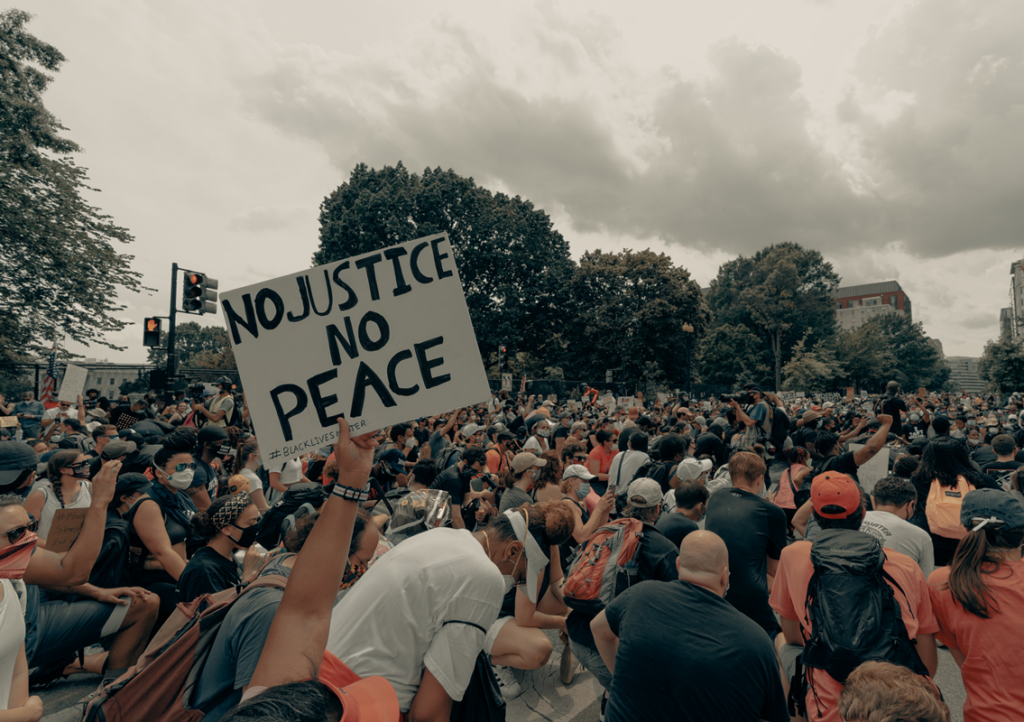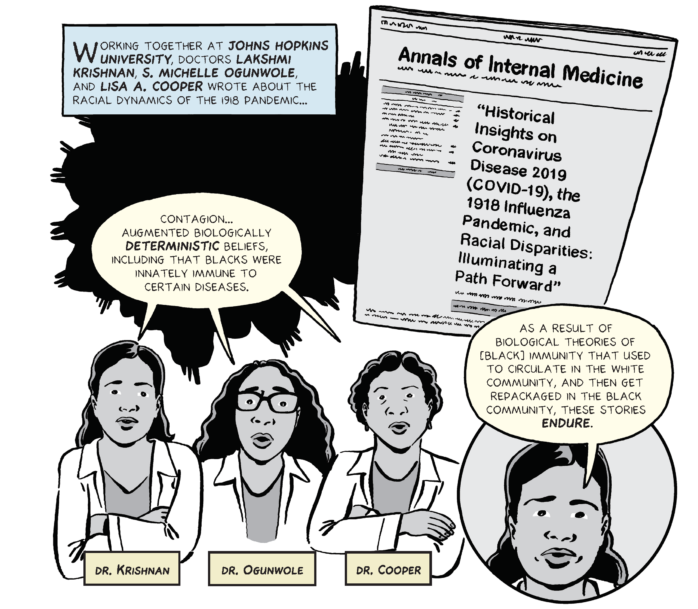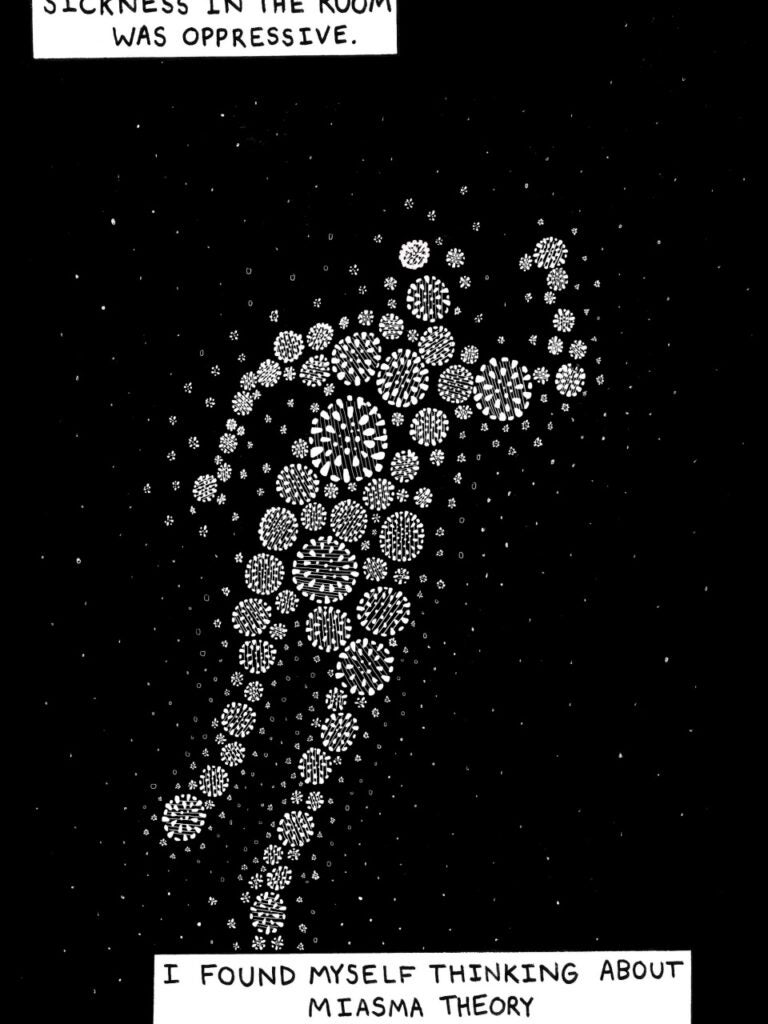Archive: Media and Scholarship
257 Articles
- Media
- Past events
AHR Interview: Monica H. Green in Conversation with John McNeill on The Four Black Deaths
In this episode John McNeill speaks with Monica H. Green, a historian of medicine and global health, about her article, “The Four Black Deaths,” which appeared in the AHR. In…
December 16, 2020
- Scholarship
“Professional Attitudes toward the Use of Neuromodulatory Technologies in Mexico: Insight for Neuroethical Considerations of Cultural Diversity”
James Giordano and his co-authors present their research on mental health clinicians’ and researchers’ perceptions and concerns regarding the use of neuromodulatory…
December 10, 2020
- Media
- Past events
Take the Lead Podcast: “Brain Science: Accessing The Brain And Its Functions Ethically”, Dr. James Giordano in Conversation with Dr. Diane Hamilton
Dr. James Giordano talks with Dr. Diane Hamilton about the neuroethical aspect of brain science, digging deep into the brain science of morality and ethics and the ethical,, …
December 9, 2020
- Media
- Past events
Infectious Historians Podcast, Episode #39: Environmental History: Past, Present, and Future with John McNeill
John McNeill speaks with Merle Eisenberg and Lee Mordechai about the changes to environmental and disease history over the last half.…
December 6, 2020
- Media
The Georgetown Humanities Initiative Writes About Dr. Lakshmi Krishnan’s Leadership of the Medical Humanities Initiative
The Georgetown Humanities Initiative introduced the Medical Humanities Initiative, with a particular focus on Dr. Lakshmi Krishnan's experience and vision as leader of the…
December 4, 2020
- Media
The Hoya Covers The Lab’s “Bearing Witness: The Legacy of Jan Karski Today” Event
The Hoya reported on The Lab's "Bearing Witness: The Legacy of Jan Karski Today", a special event honoring the legacy of Jan Karski and its relevance to the current moment, which…
December 4, 2020
- Scholarship
“Movement for Multiple Sclerosis: A Multi-Site Partnership for Practice and Research”
Julia Langley and other researchers introduce three dance programs developed for people with multiple sclerosis (MS). Recommendations are offered to guide safe and evidence-based…
November 25, 2020
- Media
The Georgetown Voice Talks with Dr. Lakshmi Krishnan about Racial Disparities in Healthcare and Science
On its coverage of “Such a Time As This”, the Racial Justice and the University Series, The Georgetown Voice presents the five events held during October 2020 that brought…
November 19, 2020
- Media
“A Tale of Two Pandemics: Historical Insights on Persistent Racial Disparities” Uses the Form of Comics Journalism to Highlight Research Co-Authored by Dr. Lakshmi Krishnan
In a “A Tale of Two Pandemics: Historical Insights on Persistent Racial Disparities,” Josh Neufeld uses the form of comics journalism to highlight research co-authored by Dr.…
November 16, 2020
- Scholarship
“Medical Humanities in a Pandemic: Essential and Critical”
Dr. Lakshmi Krishnan and Dr. Anna Reisman account for the invaluable insights that the humanities offer the biomedical sciences during the COVID-19 pandemic, as a means of…
November 9, 2020

